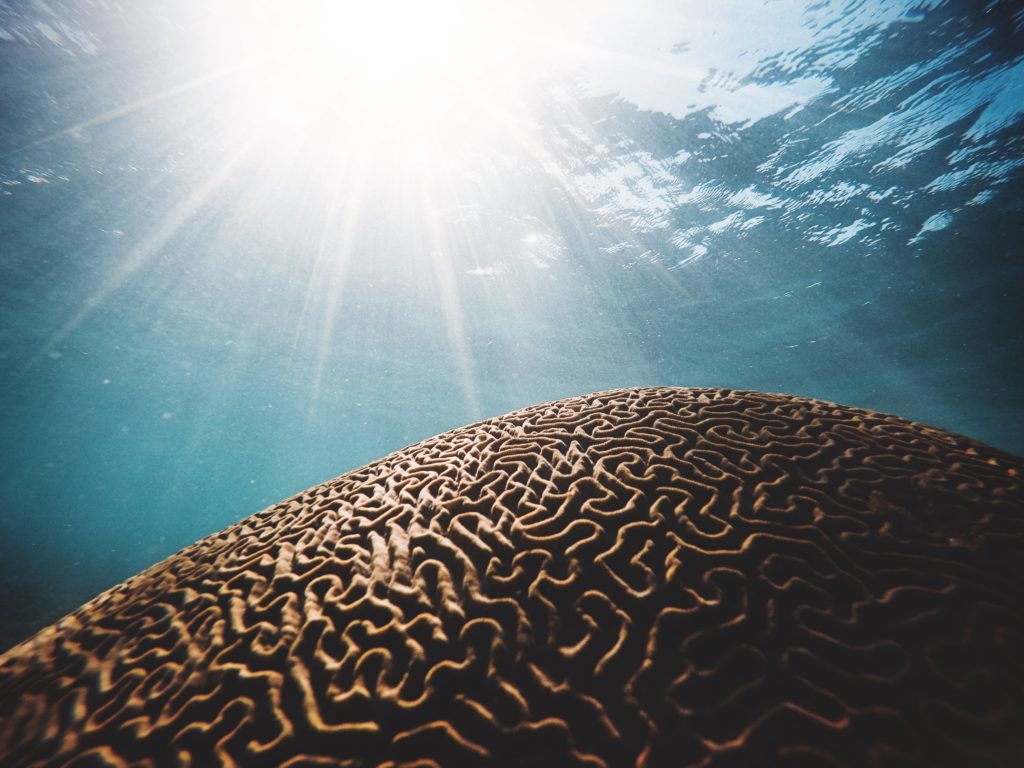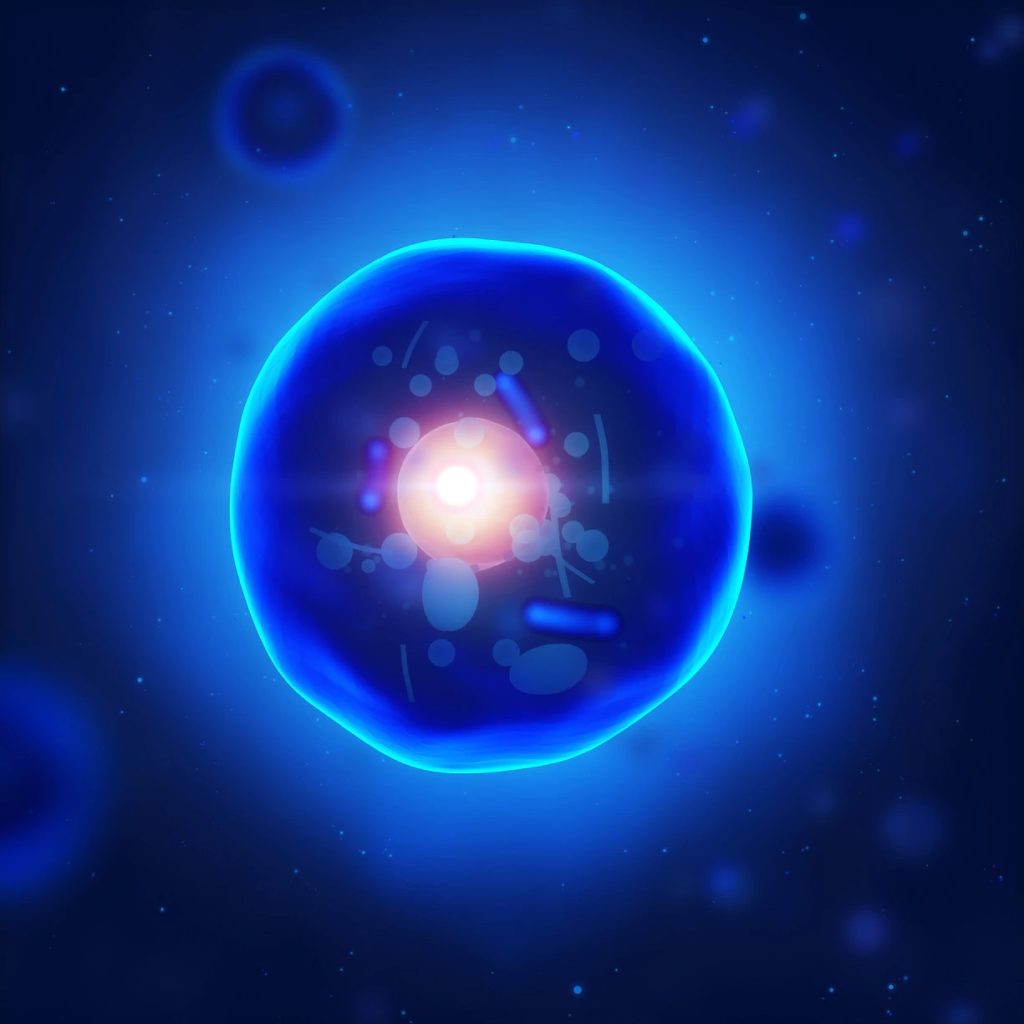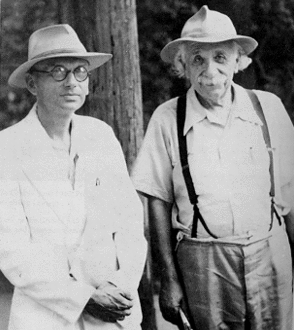What we know, and how we know it.
According to Aylesworth, in the Stanford Encyclopedia of Philosophy, “Postmodernist philosophers in general argue that truth is always contingent on historical and social context rather than being absolute and universal and that truth is always partial and “at issue” rather than being complete and certain.”
To my thinking, they are fixating on short comings in our understanding; compounding (and conflating) simple human fallibility, with a propensity for prejudice, and limits in our current understanding of the physical world on scales beyond our direct access (nanoscopic and astronomic).
I Object ! Limits on our certainty that A is true, doesn’t mean that A is not TRUE, nor does it mean we can’t know it beyond any reasonable doubt.
I like to think of my epistemology as an enlightened form of Natural Realism. It is patterned on the evolution of our brains. Currently, I have identified five ways of knowing. Each builds on its predecessor.

Attempts to answer the questions “what do (or can) we know?” and “how do we know?” have a long-recorded history stretching back to the Greek philosophers. Until recently, these were the only essential questions of epistemology. At the beginning of the 20th century, the pragmatists added a dimension to epistemological discussions by challenging the traditional understanding of knowledge itself. The traditional view (Audi, 1998) adopts the following triadic criteria:
to know “A”,
1) one must believe “A”,
2) one must have justification for believing “A”, and
3) “A” must be true.
Pragmatists, like Pierce, James, and Dewey, disagreed with the third criterion and argued for the concept of “warranted assertability”. In assessing the truth of a proposition, according to James,
“Pragmatism,…asks its usual question. “Grant an idea or belief to be true,” it says, “what concrete difference will its being true make in any one’s actual life? How will the truth be realized? What experiences will be different from those which would obtain if the belief were false? What, in short, is the truth’s cash-value in experiential terms?” (1907, p. 198-199)
As I see it, this is the birth of post-modernist mischief ! My ontological beliefs are grounded in experiences such as stubbing my toe on the way to the bathroom in the middle of the night. The naive realism I experience at such times completely overwhelms any high-mind speculations or philosophical fantasies that I might entertain in leisure. Bertrand Russell points out the intractability of the pragmatists’ view in saying,
“Suppose somebody says to me: ‘Did you have coffee with your breakfast this morning?’ If I am an ordinary person, I shall try to remember. But if I am a disciple of Dr. Dewey [a Pragmatist] I shall say: ‘Wait a while; I must try two experiments before I can tell you.’ I shall then first make myself believe that I had coffee, and observe the consequences, if any; I shall then make myself believe that I did not have coffee, and again observe the consequences, if any. I shall then compare the two sets of consequences, to see which I found the more satisfactory. If there is a balance on one side I shall decide for that answer. If there is not I shall have to confess I cannot answer the question.” (1945, p. 825)
I concur with Russell on this point and reiterate that my conception of knowledge is still the traditional one. Arguments that demonstrate the impossibility of knowing in the traditional sense that we know something, do not preclude us from knowing. They merely preclude us from having certainty in knowing. To wit, we generally cannot prove the third criteria, that A is TRUE; but that does not preclude A from being TRUE. And in certain cases, involving subjective experiences, we can even know we know (de gustabus non est disputandum, there is no arguing about taste—v. MFK Fisher, “When a Man is Small”).

As it appears to me, all belief (and hence all knowledge) is based on a hierarchy of experiences that ultimately rests on sensory experience. I define this most primitive form of experience as the immediate reflective apprehension of the world by the senses. While this experience is fleeting, it is the most common and the most certainly known of our experiences. The problem with sensory experience is that what is known in this way is so changeable that it is incoherent. We know that the world is bright, or that it is hot. But soon it is cold, and the world is dark. Lacking other ways of knowing, this is the world that single-celled organisms inhabit.
In multi-cellular organisms, tissues differentiate- producing creatures variously equipped with sensory-motor feedback mechanisms of varying sophistication. In the flatworms of phylum platyhelminthes, kingdom animalia, sensory experiences throughout the body are transmitted along a central axis towards the mouth end of the organism for comparison, coordination, and storage. With such apparatus, learning is possible. This is testified to by the fact that planaria can be taught to run mazes (Abramson, et al, 1999).

Because learning entails knowledge of a repeated pattern, and not merely of a change in the environment, knowledge acquired through memorial experience is more useful than sensory knowledge. However, it must be acknowledged that, it does not subsume it nor supplant it. In the cold, dark of night, remembering that you have locked the door from the comfort of your bed has advantages over getting out of bed and going and trying the knob—but as any OC can tell you, certainty isn’t one of them!!!
As Locke notes,
“When my eyes are shut or windows fast, I can at pleasure recall to my mind the ideas of light, or the sun, which former sensation had lodged in my memory…there is a manifest difference between the ideas laid up in memory…and those which force themselves upon me…there is nobody who doth not perceive the difference in himself between contemplating the sun, as he hath the idea of it in memory, and actually looking upon it: Of which two, his perception is so distinct that few of his ideas are more distinguishable one from another.” (1689, Book IV, ch XI, section 5).
The many neurologically complex animals give evidence of a third way of knowing built on the previous two. It is neither a pointillistic barrage of sense-data, nor a simple linear intertwining of experience and memory, but rather a complex pattern of introspections that I refer to as poly-conscious experience. Implying more than an isolated comparison of experience and memory, poly-conscious experience requires entertaining several distinct possibilities simultaneously. The hallmarks of poly-conscious experience are hypothesis testing and multiple attention centers. For example, consider a reef teeming with fish- the sudden arrival of a predator. The fish are aroused when their central nervous systems associate aspects of their sensory experiences with memories of danger. But the fish suspend judgment on their reaction (feed or flee) to focus attention on particular features in their surroundings. Their null hypothesis is that everything is ok. The slightest move and they are spooked !!!

I refer to knowledge gained through poly-conscious experience as intuited knowledge. This way of experiencing the world focuses on more than just patterns in experience; it seeks discriminants among similar patterns. And, again, although it can be more useful, it is knowledge less certainly held– the thing that spooked most of those fish on the reef was, with one exception, a fish that got spooked.
I strongly suspect that what I am identifying as intuited knowledge admits of many gradations in the development of poly-conscious experiences (perhaps significant qualitative differences associated with the development of multiple senses, development of episodic memory, their integration, and the coordination of multiple attention centers in both sense perception and memory).
My fourth and fifth ways of acquiring knowledge from the world are both sign-based. I refer to them as logical and cultural experience. My terminology here derives from Locke, who first used the term semiotic in his Essay Concerning Human Understanding. He says,
“Semeiotike, or the doctrine of signs; the most usual whereof being words, it is aptly enough termed also Logike, logic: the business whereof is to consider the nature of signs, the mind makes use of for the understanding of things or conveying its knowledge to others.” (1689, Book IV, ch XXI, section 4).
In this remark, Locke identifies two purposes for signs: the understanding of things (logical), and the conveying of knowledge (cultural).
To be even more specific, by logical, I denote the complex cognitive activity arising by means of a sequence of associations of sensory, memorial, and poly-consciuos experiences– which results in imagination. This is not limited to external physical signs; it also includes mental constructs, imagery, and ideas. In humans, this culminates in (but is not limited to) speech. Language is really a re-imagination of, and a recreation of, our world in words. (I suspect my logical way of knowing should at least bifurcate to admit a development from induction, to deduction, and perhaps beyond to analogy.) This view is in contraposition to the rationalist view of pre-existent mental objects of which we have innate knowledge; in this regard, I agree with Vygotsky (1984, p. 27) who notes that complex cognitive activity “never appears in a ready-made form, but arises out of consecutive changes of genetically interrelated psychological structures”. My experience of the world is predominantly logical; along with Wittgenstein, ‘I live in words, like a fish lives in water’.

However, on occasion (my mind being sufficiently, similarly structured to other creators and users of cultural symbols) the presentation of a sign, or the structure of a symbol system, suggests meanings that I had not previously thought of—and this is a cultural experience.
The acquisition of language is not a logical experience of the world. Parents and others in the child’s community encourage and direct the child’s efforts. The individual grows the neural-network, masters the sensory-motor skills, and has the flash of insight to associate making a sound with being given an object, i.e. of associating a sign’s signifying element with its signified element. But a child makes frequent spurious associations and cannot select the meaning for a word– it must be given to her in the process of conversing with adults. The child is free to construct her own concepts and to ascribe them to arbitrary symbols (as happens in baby-talk). But such baby-talk is limited in use to Locke’s Logike. To speak with others she must find words already constructed in the speech of others; as opposed to creating her own speech, she masters the existing speech of surrounding adults. As such, while language use is my proto-typical logical experience; language acquisition is my proto-typical cultural experience.
For humans, it is an understatement to say these two forms of experiences are intertwined. Considering the cultural basis of the ontogenesis of logical experience, these two must have the same phylogenetic origins somewhere in humanity’s unrecorded past. It is certainly no coincidence that Biblical genealogies, while underestimating the Earth’s age by approximately 5 billion years, place it at about the time of the oldest known writings. (To wit, in the beginning there was the Word).
With evidential certainty, knowledge acquired from logical experience is more useful than knowledge acquired from sensory, memorial, or poly-conscious experience . It is the reason “knowledge is power”. We imagine how to hunt mastodon, we practice, learn, and perfect the technique—our families are well fed. Human population grows ten-fold. Indeed, this fourth way of knowing is more useful, AND it somehow feels more certain—at least to our talkative, conscious self (our subconscious and unconscious selves are not always convinced).
But there is at the same time, a new dimension to the uncertainty associated with logic. We humans reify our thoughts about the world, assign names to everything including ourselves, engage with ourselves in an internal dialogue… and then, almost without exception, confuse the World with our words about the World (“I live in words, like a fish lives in water”). And as such, the fourth way of knowing, our logical experience, often presents itself to our minds with an unjustified ring of truth (to wit, the Biblical license to name all the creatures of the world, and exercise dominion over them).
One-thousand-five-hundred generations of talkative humans lived and died, before we counted past 5, planted crops, or settle cities. The mastodon are gone– our cultural knowledge is growing. It too is more useful, more powerful than all the underlying ways of knowing. Another five-hundred generations pass before we learn to write. We build our cultural ways of knowing generation after generation. Our mathematical vocabulary grows as we distill generations of logical experiences to create a scientific understanding of the world. We prove our uncertainty. We stand on the shoulders of giants.

In comparing the course of recorded history with the development of individuals, I conclude that in intellectual development ontogeny recapitulates phylogeny. Invoking an evolutionary metaphor and producing a natural history of mathematics (the fossil remains of which are tablets scribbled with mathematical notation), we find that writing (and most especially mathematical writing) has inexplicably transformed Man’s meager faculties of reason. The scribe of the Rhind Papyrus (quoted in Burton, 1997, p. 35) describes his table of sums saying, “[witness] a thorough study of all things, insight into all that exists, knowledge of all obscure secrets” and in a blink of the Cosmic Eye, Man has gone from jumping around on the jungle floor to jumping around on the Moon. No one person’s intellect could have possibly accumulated and synthesized all the necessary information to take such a leap. But in the last 5,000 years, Man’s cultural knowledge base has begun to transcend even deep-space and deep-time. As such, and contrary to the words of the Teacher, there is something new under the Sun: Man.
To understand Man’s unique position in the web of life, it is necessary to recognize that individual men are nothing new under the sun. Separated from each other (without our storehouse of cultural wisdom) we are just big apes. Our success as a species is a testament to the power of cooperation- nothing more, nothing less. Our success is dependent upon cooperation, predicated on common interests. Our interests are common because we share the same anatomy and space-time. And, we discover our common interests when we communicate with each other.
We have a lot to talk about– before our success destroys us.
Sources
Abramson, C., Kirkpatrick, D., Bollinger, N., Odde, R., & Lambert, S., (1999). Planarians in the psychology classroom: Habituation and instrumental conditioning demonstrations, In L. Benjamin, B. Nodine, R. Ernst, C. Blair-Broeker (Eds.). Activities handbook for the teaching of psychology, Volume 4. Washington, DC: American Psychological Association.
Audi, R. (1998). Epistemology: A contemporary introduction to the theory of knowledge, New York, NY: Routledge.
Burton, D. (1997). The history of mathematics: An introduction, New York, NY: McGraw-Hill
Fischer, MFK (1937) Serve it Forth, New York: North Point Press.
Hubble, D., (1988). Eye, brain, and vision, New York, NY: William H. Freeman, Press.
James, W. (1907). Pragmatism: A new name for some old ways of thinking, New York, NY: Longmans and Green.
Godel, K., (1981). Collected Works, Volume III, Oxford: Oxford University Press.
Locke, J. (1869). An essay concerning human understanding, New York, NY:
Piaget, J. (1970). Genetic epistemology, E. Duckworth (Trans.), New York, NY: Columbia University Press
Russell, B. (1945). History of Western Philosophy, New York, NY: Simon & Schuster.
Vygotsky, L.S. (1978). Mind in society. Cambridge, MA: Harvard University Press.
Vygotsky, L.S. (1984). Mind in society. Cambridge, MA: Harvard University Press.
